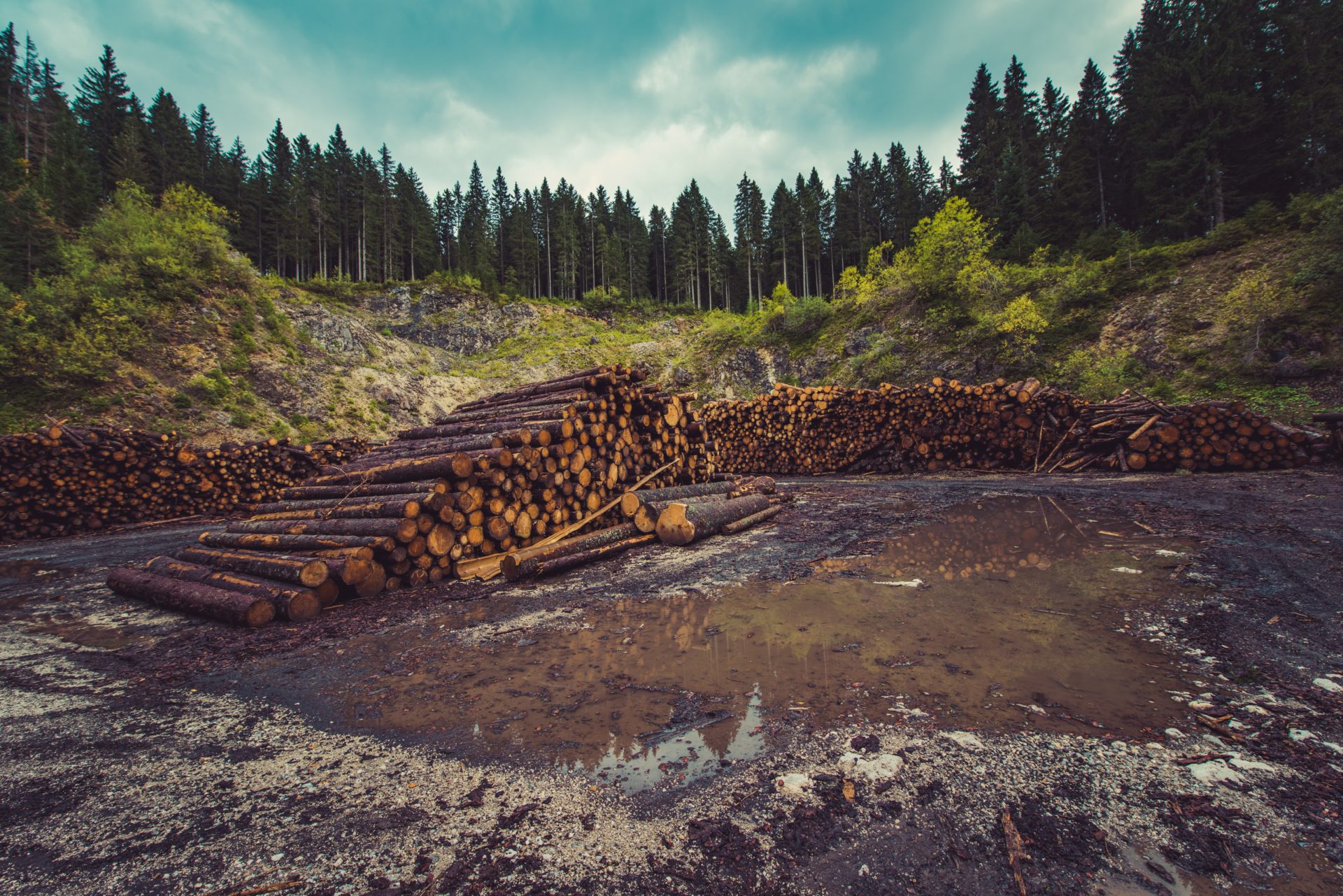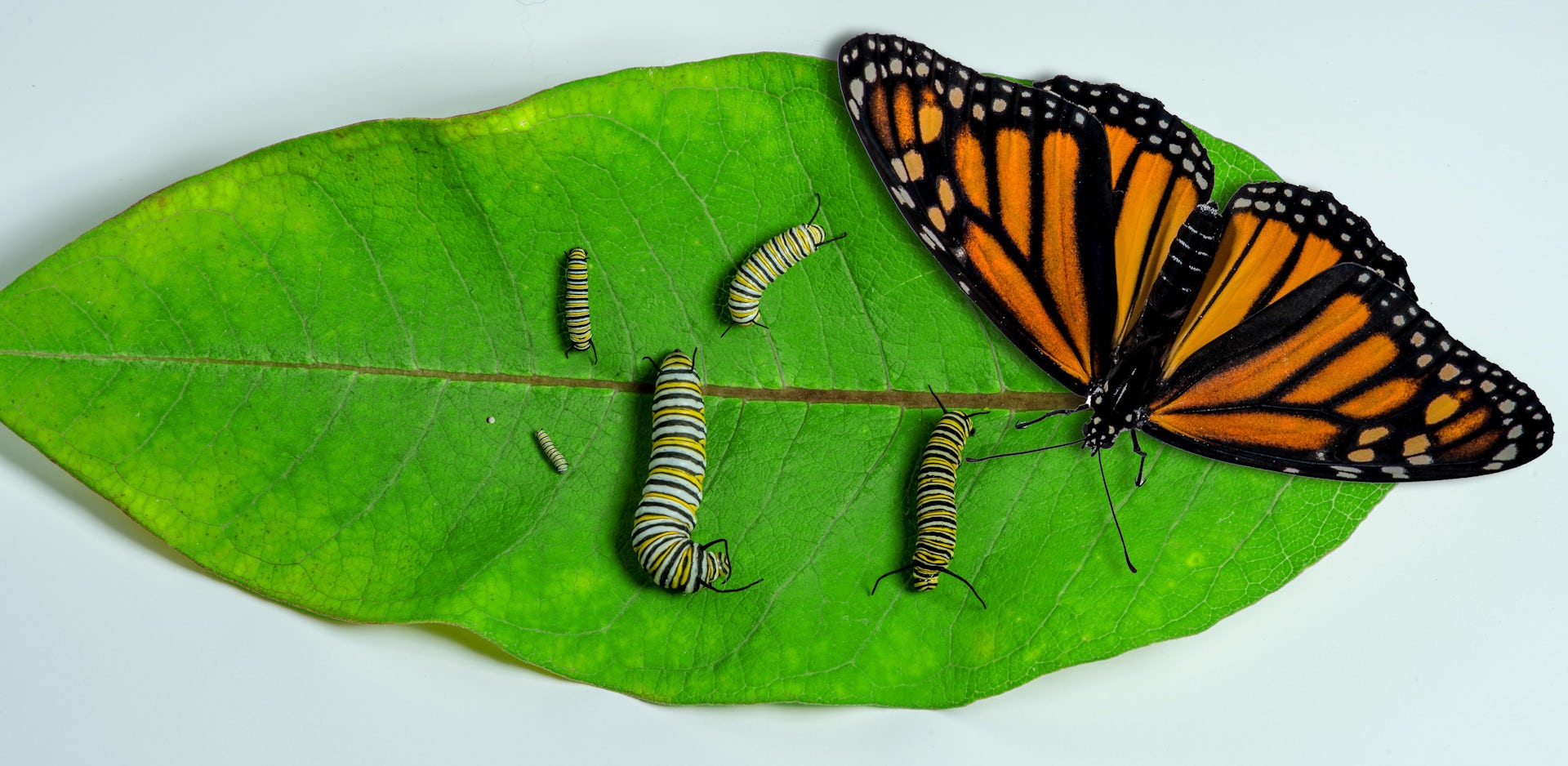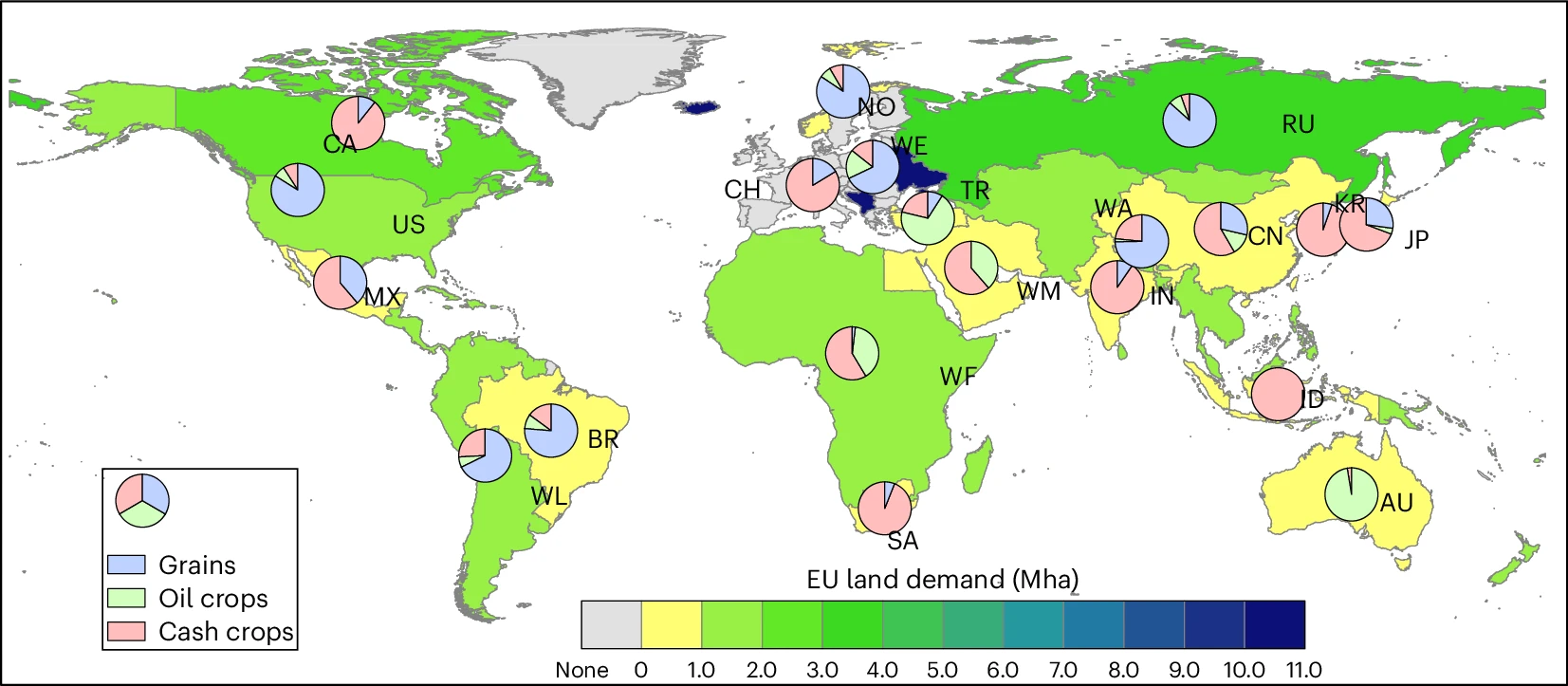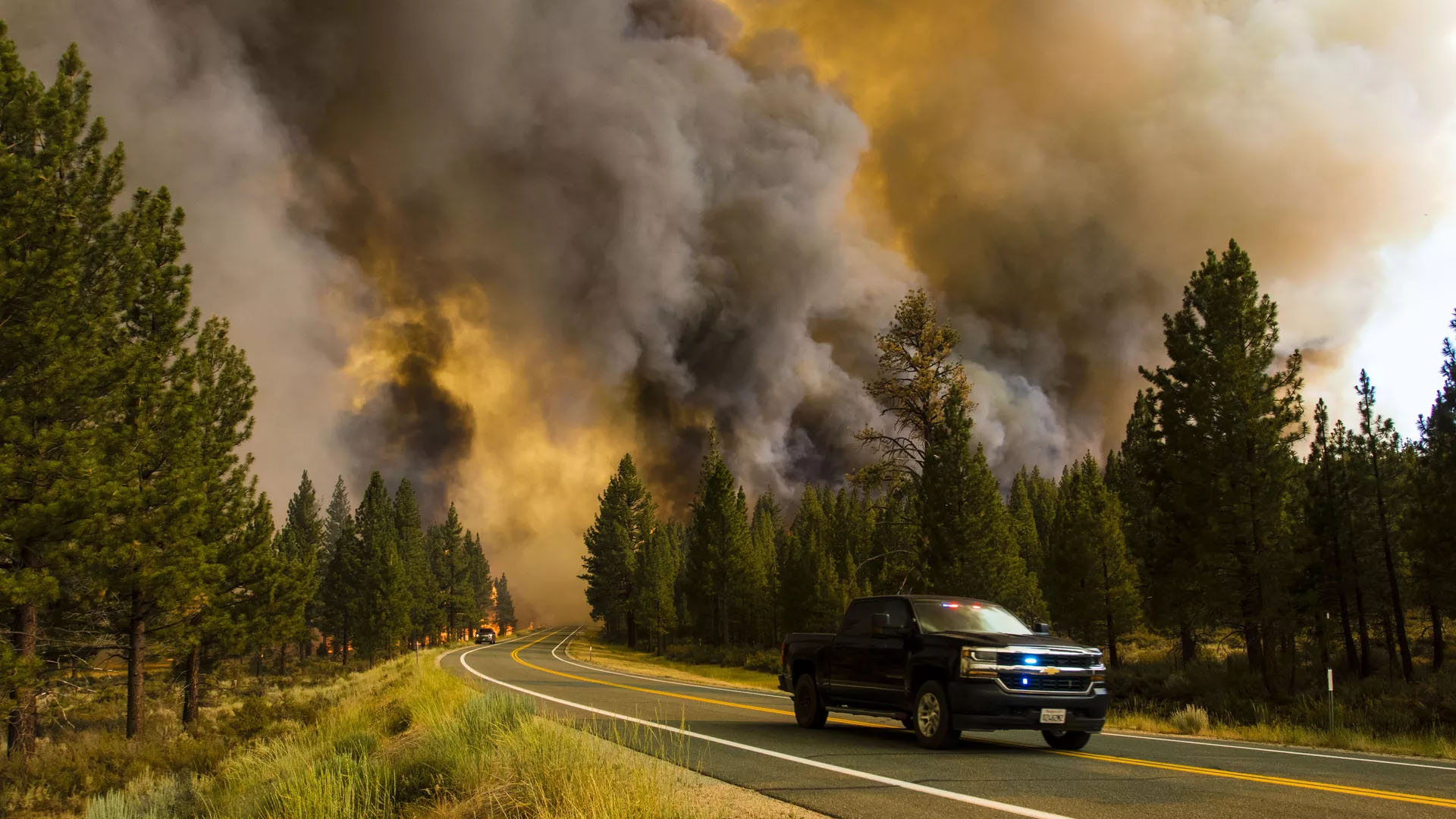When leaders of Florida’s most populous county met in September to pick a site for what could become the nation’s largest trash incinerator, so many people went to the government center to protest that overflow seating spilled into the building’s atrium. “MIRAMAR SAYS NO TO INCINERATOR! NOT IN OUR BACKYARD,” read green T-shirts donned by...
environment
Nigerian Agency ‘Failed Completely’ to Clean Up Oil Damage Despite Funding, Leaked Files Say
As it passed above the Niger Delta in 2021, a satellite took an image. It showed acres of land, scraped bare. The site, outside the city of Port Harcourt, was on a cleanup list kept by the United Nations Environment Programme, supposed to be restored to green farmland as the Delta was before thousands of...
Human-Related Activities Continue to Threaten Global Climate and Productivity
The pace at which anthropogenic climate change has altered the terrestrial carbon stores is making our current climate-change mitigation efforts seem fruitless, unless behaviors are quickly changed. Climate change induced by human behaviors, or anthropogenic climate change, has been a hot topic for decades and is not going away. As with any problem, reviewing datasets...
Federal Protection for Monarch Butterflies Could Help or Harm This Iconic Species, Depending on How It’s Carried Out
Monarch butterflies are among the most beloved insects in North America. They are brightly colored and unique, both as caterpillars and later as mature insects. Monarchs are found in every U.S. state except Alaska, so nearly everyone has seen a monarch flutter by on a warm day. During their incredible yearly migration, monarchs travel each...
Won’t You Be Mine? Neighborly Networking May Motivate Local Climate Action
Individual motivation to act against climate change outweighs the impact of hyperlocal collective intentions, though both approaches are worth strengthening, according to a survey of nine European neighborhoods published Nov. 20, 2024 in the open-access journal PLOS Climate by Christian A. Klöckner from the Norwegian University of Science and Technology and colleagues. Western society contests the individual...
Colombia’s River Guardians Battle to Protect the Atrato Amid Threats and Abandonment
Sediment and pebbles are all that’s left on the earth around much of Bernardino Mosquera’s small riverside community in northwest Colombia’s Choco region. Just a year ago, healthy shrubs and trees filled this important biodiversity spot teeming with species native to the land. But then illegal miners arrived, using their heavy machinery to dredge the...
Transition to a Circular Bioeconomy Requires Getting Prices Right
Conventional food and agricultural production systems employ a linear “take, make, waste” approach: taking natural resources from the Earth to make food and fuel, generating waste that contaminates the soil and water, and emitting harmful pollutants. More recently, a new model of production is gaining traction in the scientific and business community: a “circular bioeconomy”...
European Green Deal: A Double-Edged Sword for Global Emissions
The European Union aims to be carbon-neutral by 2050 as part of the comprehensive Green Deal that was agreed upon four years ago. However, an analysis of the policy documents outlining the practical measures of the Green Deal shows that it will decrease carbon emissions in Europe, but also increase carbon emissions outside of the...
Pilot Study Uses Recycled Glass to Grow Plants for Salsa Ingredients
Tortilla chips and fresh salsa are tasty in themselves, but they could be even more appealing if you grow the ingredients in a sustainable way. Researchers report that cilantro, bell pepper and jalapeño can be cultivated in recycled glass from discarded, pulverized bottles like those from beer or soda. The pilot study found that partially...
Climate Migration Comes Home
A review of Abrahm Lustgarden, “On the Move” (Farrar, Straus and Giroux 2024) The sky was burnt orange and the smoke was coming. If the fire advanced through the buffer zone, it would reach his California town and then his porch. He suddenly understood why Ellen from down the road was considering fleeing to somewhere like...








